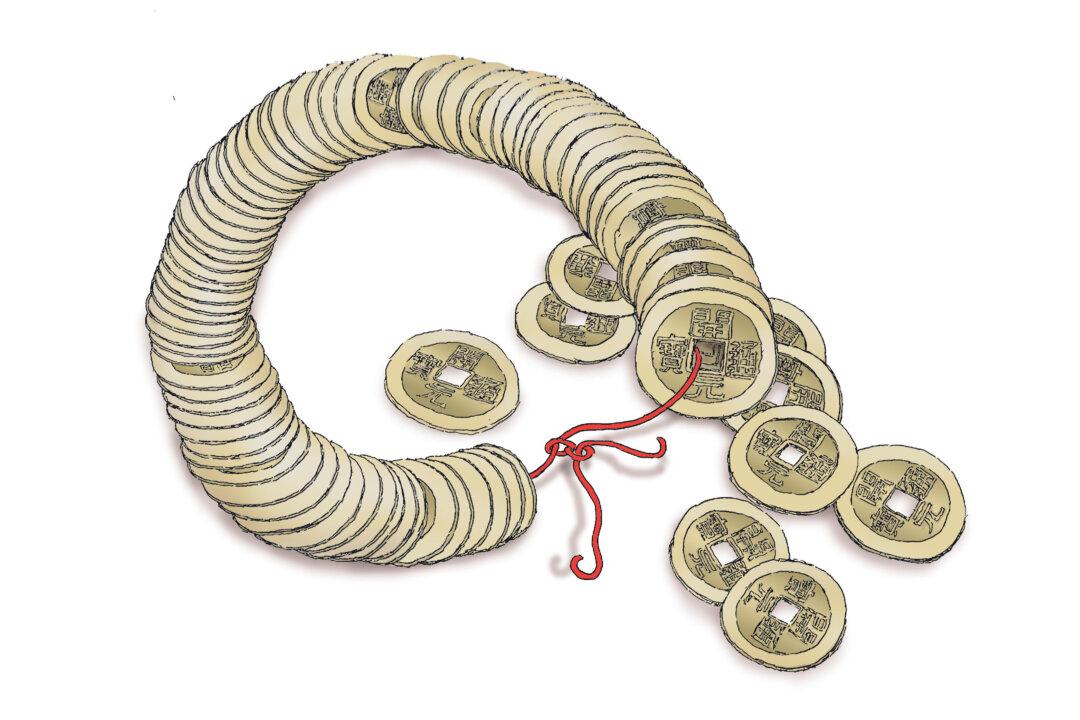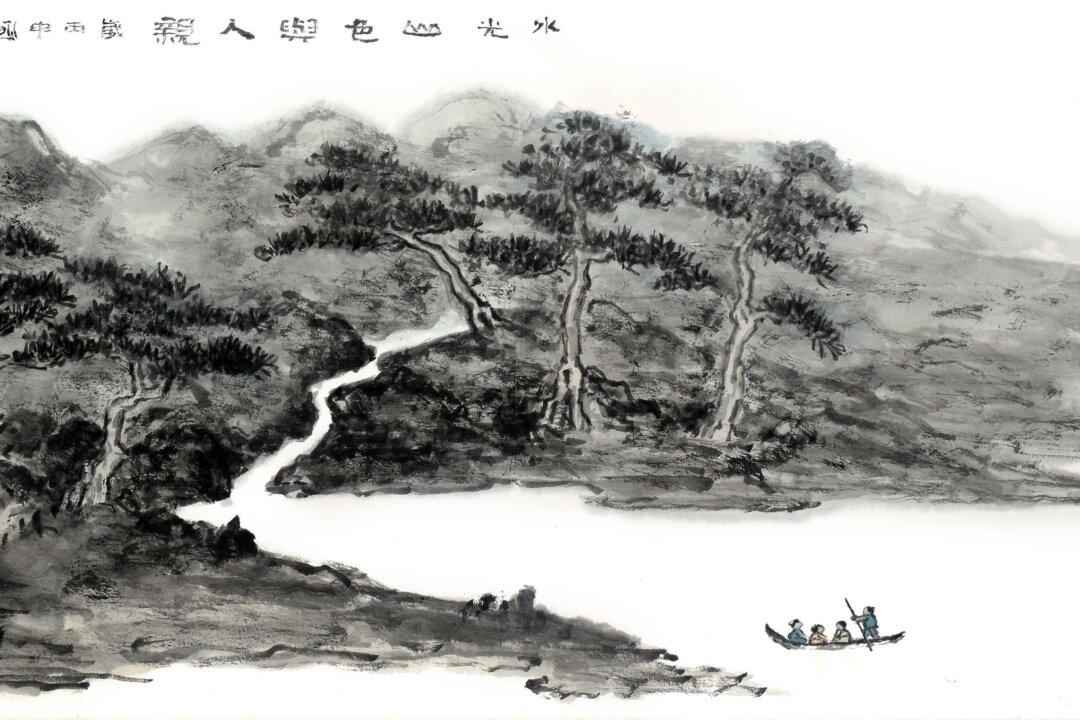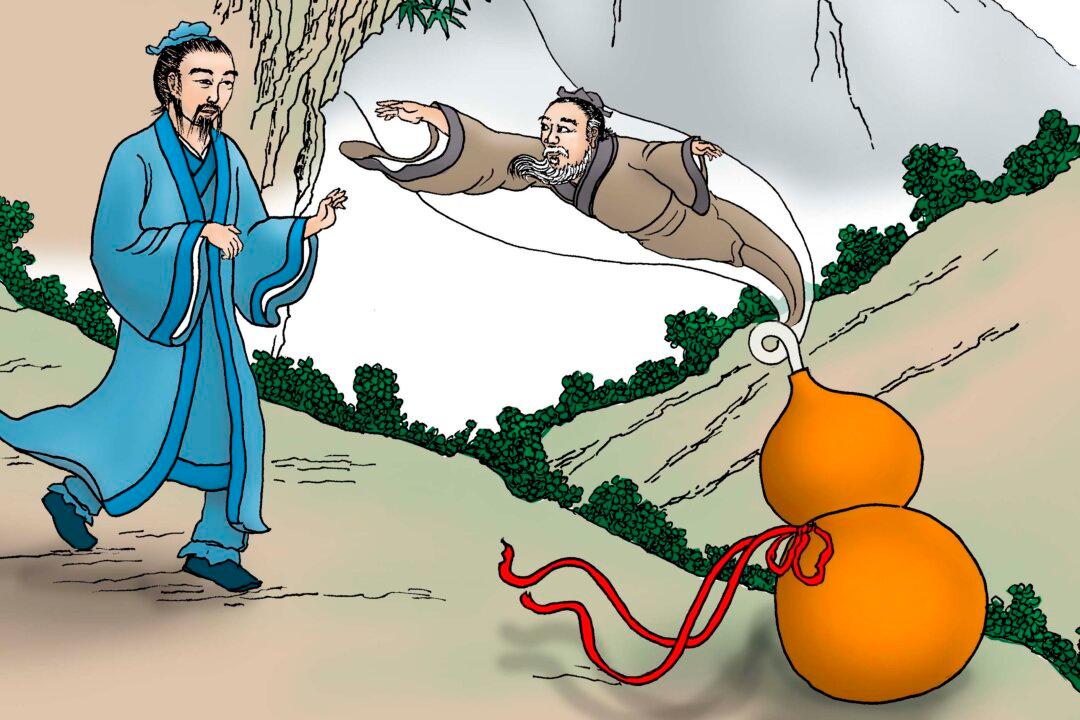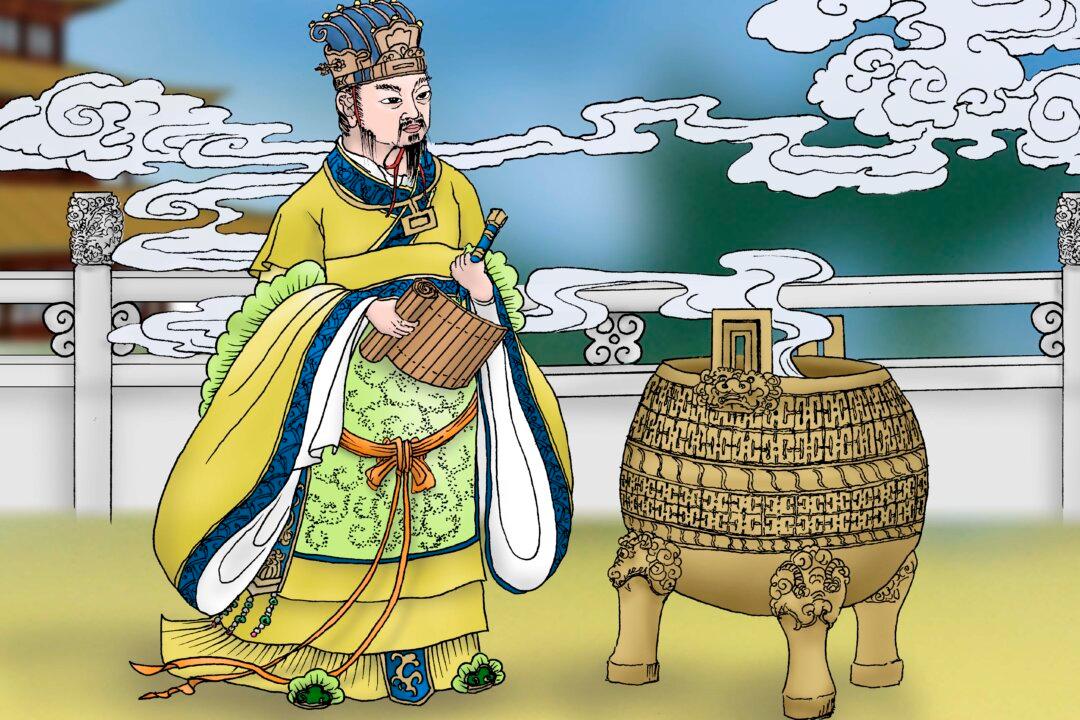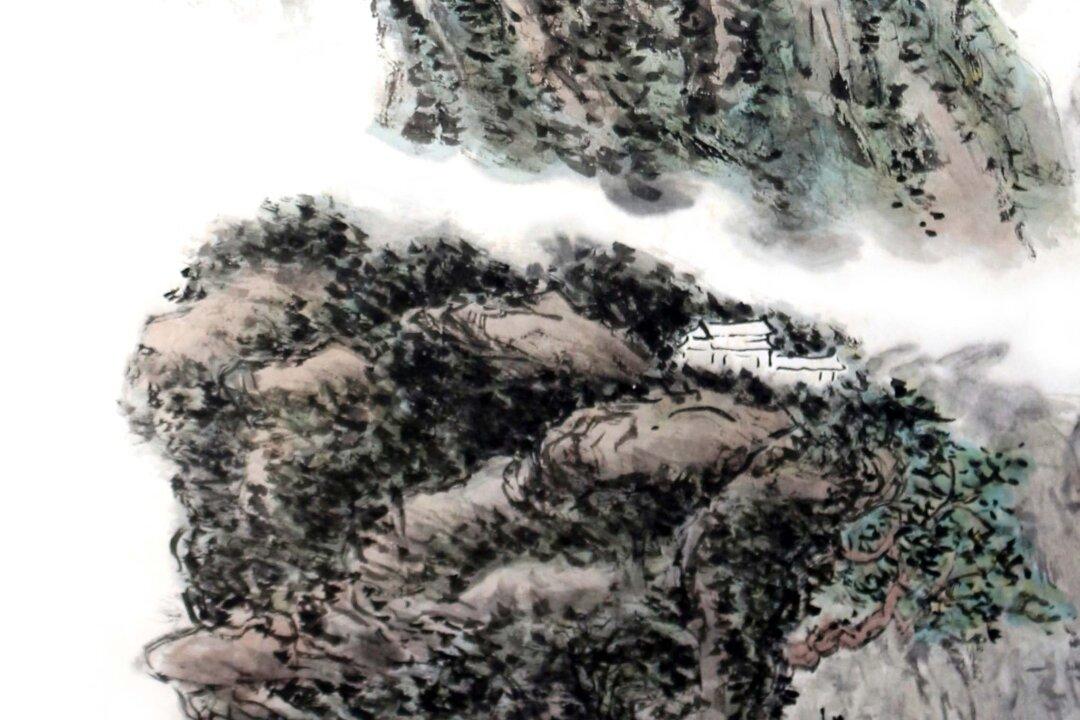What if money were a herb? Zhang Yue, the author of “Money as a Herb”, was first appointed prime minister during the Kaiyuan era (713–741), which was the early half of the reign of Emperor Xuanzong of the Tang Dynasty.
Zhang Yue was made prime minister three times and was in officialdom for over 40 years. He followed the example of “The Divine Farmer’s Herb-Root Classic” and wrote a short and concise but exceptional essay, “Money as a Herb”, in his old age to treat social ills and the human mind.

